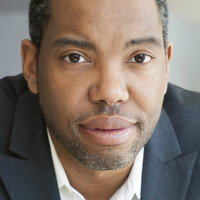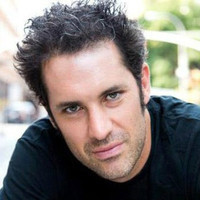Tejal Rao is the California restaurant critic for The New York Times and a columnist for The New York Times Magazine.
“I've been thinking a lot about what makes a restaurant good. Can a restaurant be good if it doesn't have wheelchair access? Can a restaurant be good if the farmers picking the tomatoes are getting sick? How much do we consider when we talk about if a restaurant is good or not? … If people are being exploited at every single point possible along the way, how good is the restaurant, really? … I worry that the pandemic has illuminated all of these issues and things are just going to keep going the way that they were. ... That's what I worry about. That nothing will change.”
Thanks to Mailchimp for sponsoring this week's episode.









